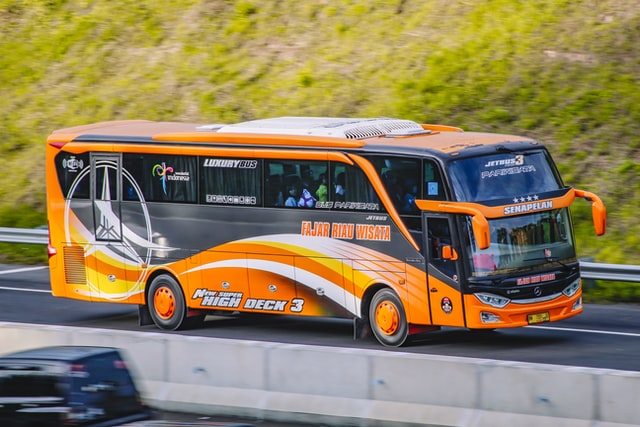Electronic Traffic Law Enforcement (ETLE) on toll roads will take effect from 1st April 2022.
The Director of Law Enforcement of the Traffic Corps Brigadier General Aan Suhanan said there are two main types of violations detected by electronic ticketing on toll roads, namely over-dimension and overloading (ODOL) as well as speeding.
For speed limits, speed cameras will be installed at a number of points on the toll road to follow drivers who often speed in their vehicles. Meanwhile, violations of vehicles that are overloaded and have oversized dimensions will be monitored through a weight in motion (WIM) device that is ready to be installed by the police.
“Later on, the ETLE camera will work 24 hours to monitor all violations that occur,” said Suhanan in his statement on Sunday 27th March.
The following are the locations used to monitor:
Weight in motion Jasa Marga
- JORR Section E at Km 53+600 B
- Jagorawi Km 45+800 B (Ex GT Ciawi)
- Jakarta-Tangerang Km 9+600 B
- Padaleunyi Km 120 B
- Semarang ABC Km 438 (Access GT Muktiharjo)
- Ngawi-Kertosono Km 654+000 B
- Surabaya-Gempol Km 757+400 B
Speed camera Traffic Corps
- Palimanan-Kanci Toll Road
- Batang-Semarang Toll Road
- Semarang-Solo Toll Road
- Solo-Ngawi Toll Road
- Ngawi-Kertosono Toll Road
Although called a freeway, it doesn’t mean that drivers can arbitrarily drive the vehicle on the highway at high speed. There is a speed limit that all drivers must obey to maintain safety and security on the road.
The provisions for driving speed on toll roads are regulated in government regulation number 79 of 2013 concerning road traffic and transportation networks (LLAJ). The regulation is also reinforced by the provisions of article 3 paragraph 4 of the regulation of the transportation minister number 111 of 2015 concerning procedures for setting speed limits.
The regulation states that the minimum speed limit on toll roads is 60 kilometres per hour to a maximum of 100 kilometres per hour, in accordance with the traffic signs installed.
Here are the details:
- The lowest speed is 60 km/h in free-flow conditions, and the highest is 100 km/h for expressways.
- The highest speed is 80 km/h for inter-city roads.
- The highest speed is 50 km/h for urban areas.
- The maximum speed is 30 km/h for residential areas.
If a driver exceeds the speed limit, they must be ready to be ticketed.
In the future, speed violators who exceed the limit will be caught on the speed camera complete with the vehicle number plate followed by a verification process. The police will send evidence of traffic violations on the toll road to the address of the vehicle owner.




